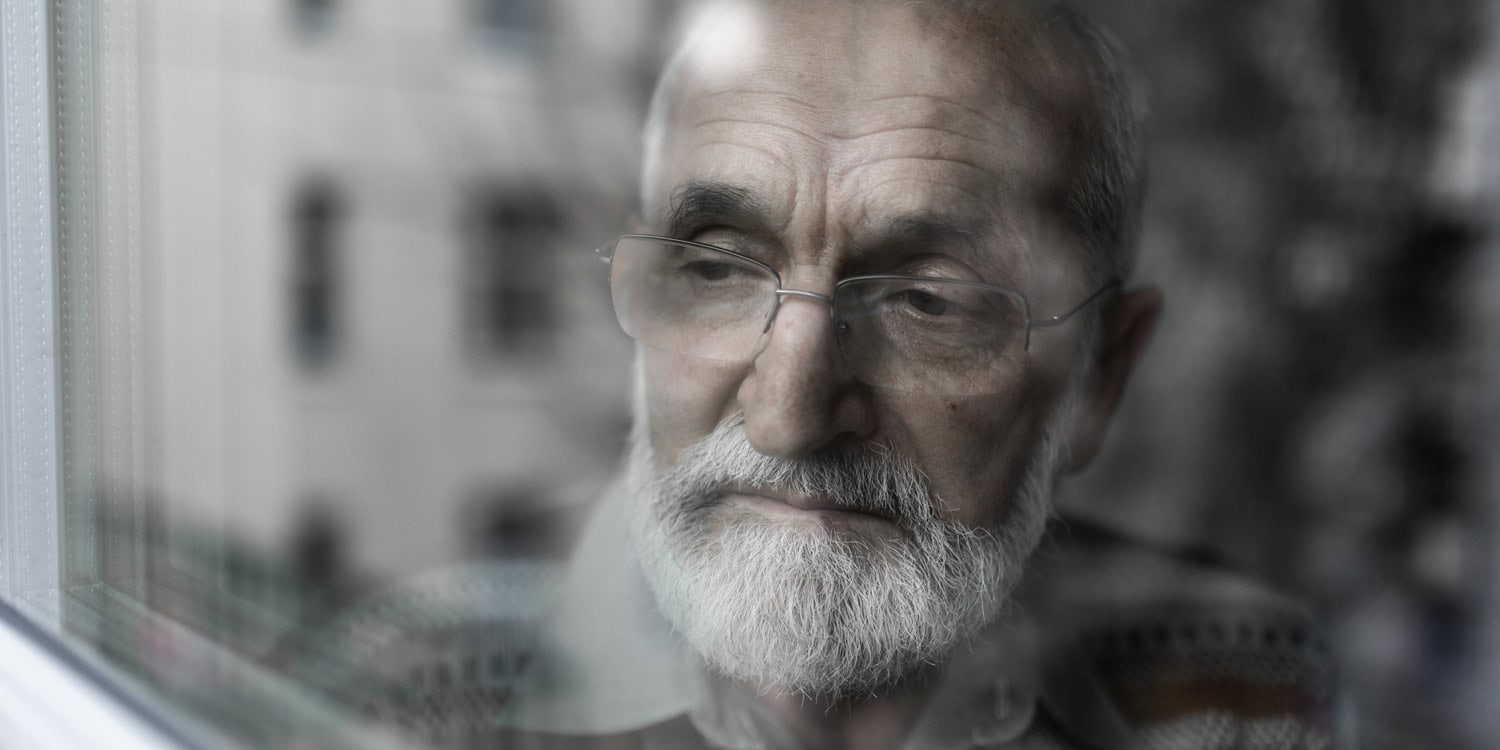A new study published in Frontiers in Psychology suggests that feeling lonely can be a significant predictor of how well our brains function as we age, particularly for those who openly acknowledge their loneliness. However, the connection between loneliness and cognitive function isn’t straightforward and might differ depending on how loneliness is measured and a person’s racial and ethnic background.
Cognitive decline, which refers to a worsening in abilities like memory, thinking, and problem-solving, is a major concern for older adults. It impacts quality of life, puts a strain on healthcare systems, and is a top research priority. The number of older adults in the U.S. is projected to grow significantly, with a substantial portion being Black or Latino individuals. These groups are also more likely to experience cognitive problems compared to their White counterparts. Because of this, there’s a pressing need to find factors that influence cognitive health and that can potentially be changed – and loneliness is one such factor.
Loneliness isn’t simply about being alone. It’s the distressing feeling that arises when someone perceives that their social connections aren’t fulfilling their needs, particularly in terms of quality. While loneliness can happen at any age, older adults may face unique challenges that could affect their social lives, such as health problems or the loss of loved ones. At the same time, older adults might be more resilient to loneliness due to changed expectations and a focus on closer relationships.
Previous research globally has shown a link between loneliness and poorer cognitive function. It’s thought that loneliness might trigger long-term activation of stress responses in the body, leading to higher levels of stress hormones. These hormones, over time, could potentially damage brain cells and affect cognitive abilities. However, the exact mechanisms are still unclear, and most of the studies have not focused on the U.S. population or specific racial and ethnic groups within it. Because experiences and management of loneliness can vary across different groups, researchers are looking for more precise and accurate information.
The researchers analyzed data from the National Social Life, Health, and Aging Project, a large-scale survey of middle-aged and older adults in the U.S. They focused on data collected in 2015-2016, which included in-person interviews and questionnaires. The study included 2,757 participants aged 50 and older who identified as White, Black, or Latino, and who had complete data on cognitive function and loneliness.
To measure cognitive function, the researchers used the Chicago Cognitive Functions Measure, which assesses various cognitive abilities like orientation, memory, and problem-solving. The scores from this measure were converted to scores on the Montreal Cognitive Assessment, a widely used screening tool for cognitive impairment. Higher scores indicate better cognitive function.
Loneliness was assessed in two ways. The first was a single question from a depression scale (the Center for Epidemiologic Studies Depression Scale) asking how often participants felt lonely in the past week. Those who reported feeling lonely some, much, or most of the time were classified as “lonely.” The second measure was the National Social Life, Health and Aging Project Felt Loneliness Measure, which is similar to a commonly used three-item loneliness scale. This measure asks about feelings of lacking companionship, feeling left out, and feeling isolated. Participants rated how often they experienced these feelings, and a total score was calculated, with higher scores indicating greater loneliness.
The researchers also considered various other factors that could influence cognitive function. These included demographic factors like age, sex, marital status, and education. They also looked at factors related to socioeconomic status, such as perceived economic position and whether participants had skipped healthcare due to inadequate insurance. Experiences of discrimination, which can negatively affect health, were also assessed. Additionally, the researchers considered the number of chronic medical conditions participants had, their level of depressive symptoms, and their participation in community activities.
The study found that feeling lonely, as measured by the single question about loneliness frequency, was linked to lower cognitive function scores. This means that people who reported feeling lonely more often tended to perform worse on the cognitive assessment. However, when loneliness was measured using the three-item scale, there was no significant association with cognitive function for White or Black participants. Surprisingly, for Latino participants, higher scores on the three-item loneliness scale were actually associated with better cognitive function.
The researchers also looked at how the two loneliness measures related to each other. While there was a significant overlap, only 40% of individuals identified as lonely were classified as such by both measures. This suggests that the two measures might be capturing different aspects or experiences of loneliness. People who were identified as lonely only by the single question (the Center for Epidemiologic Studies Depression Scale) had lower cognitive function scores and higher levels of depressive symptoms compared to those identified as lonely only by the three-item scale.
When the researchers examined the relationship between loneliness and cognitive function separately for each racial and ethnic group, the results were even more nuanced. The negative association between feeling lonely (single question) and cognitive function didn’t differ significantly across groups. However, as mentioned earlier, the three-item loneliness scale showed a different pattern. It wasn’t related to cognitive function for White or Black participants, but it was linked to better cognitive function for Latino participants.
The study has some limitations. Because the data was collected at a single point in time, it’s impossible to say whether loneliness causes a decline in cognitive function, or if it’s the other way around. Also, the sample sizes for Black and Latino participants were smaller than for White participants, which might limit the ability to detect certain effects.
The researchers suggest that future studies should investigate how different dimensions of loneliness, such as its duration and intensity, relate to cognitive function. It’s also important to explore how cultural factors and experiences of discrimination might influence the relationship between loneliness and cognitive health, particularly for minority groups.
The study, “Loneliness and global cognitive functioning in racially and ethnically diverse US midlife and older adults,” was authored by David Camacho, Kelly Pacheco, Jerad Moxley, Maria P. Aranda, M. Carrington Reid, and Elaine Wethington.




